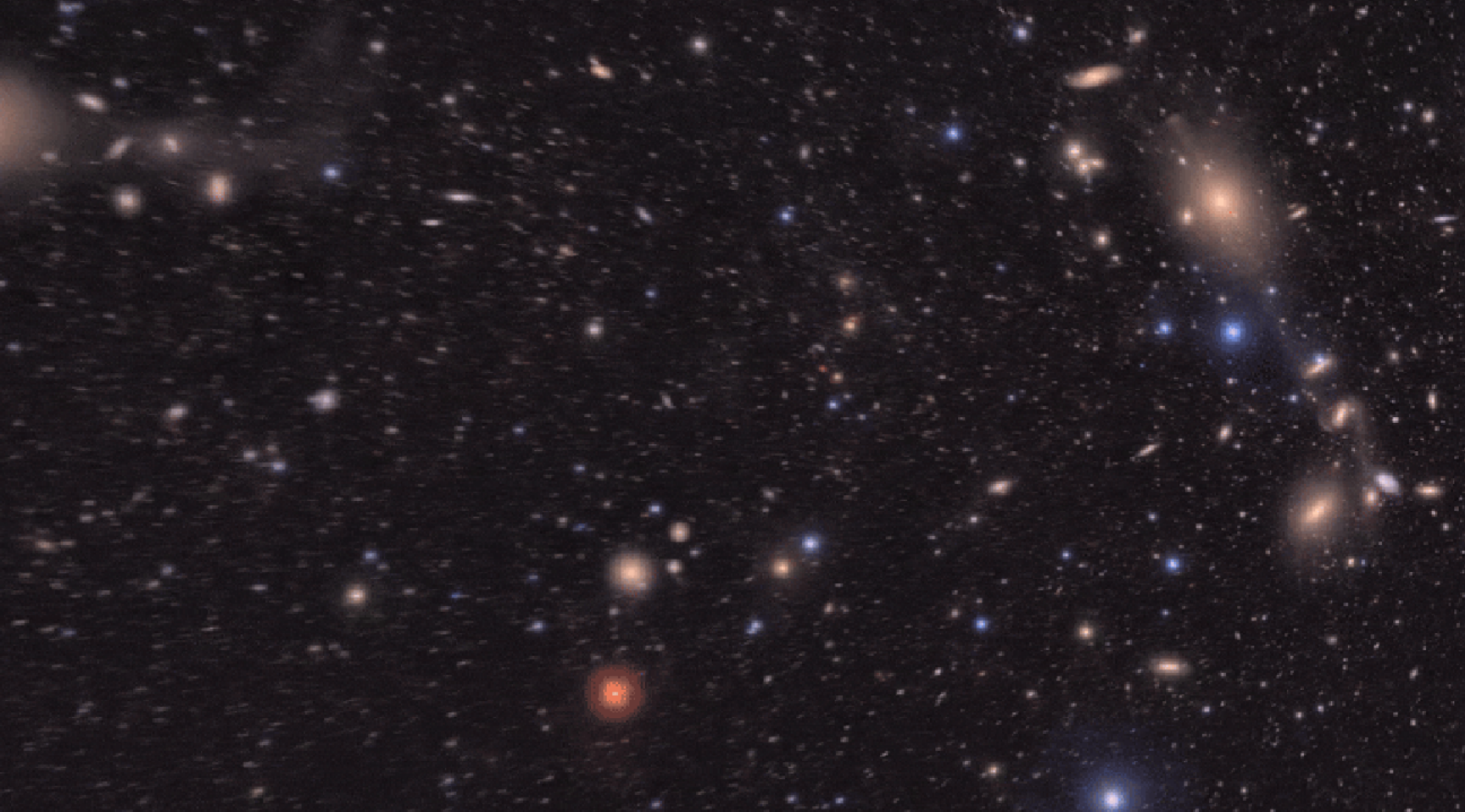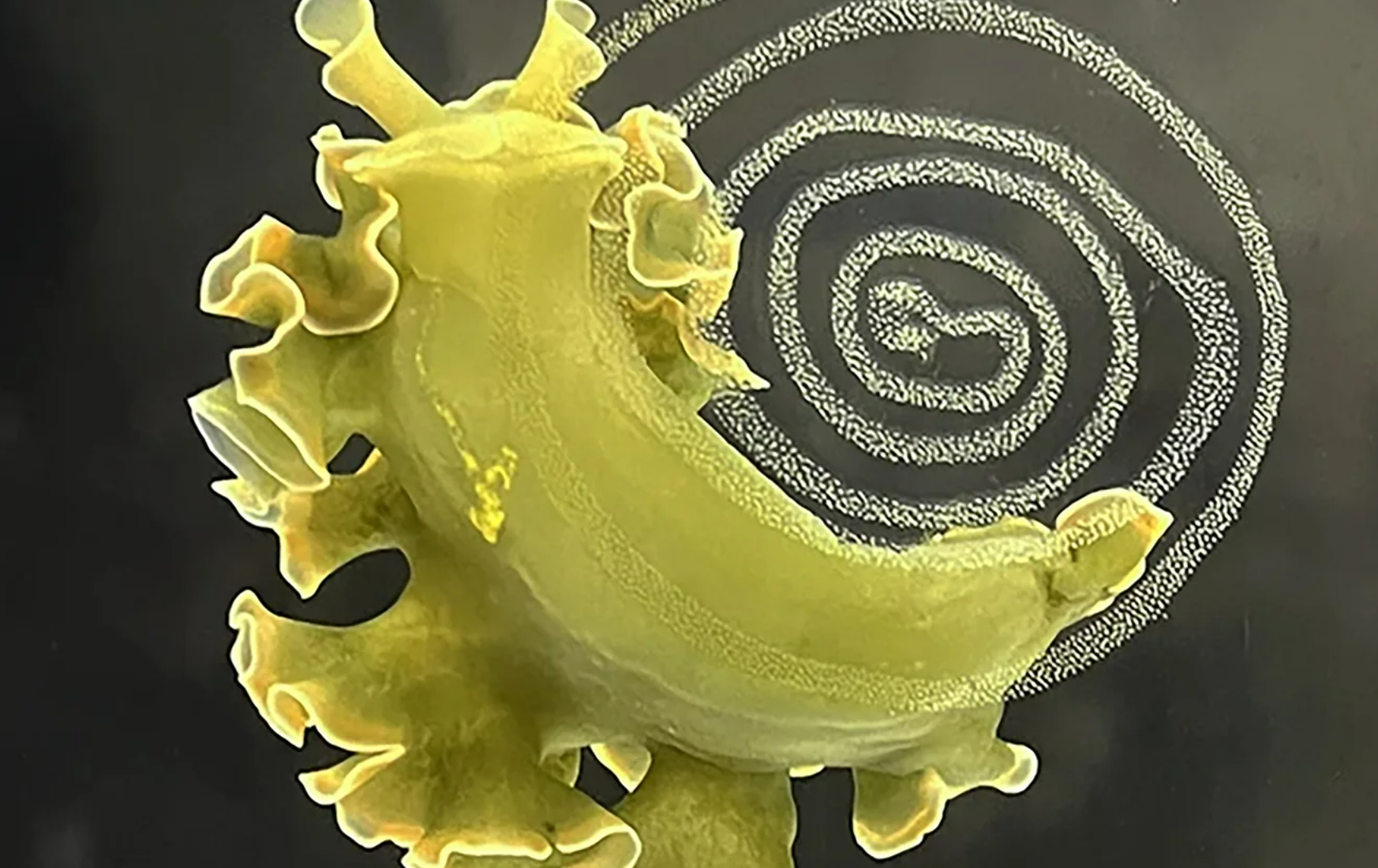#18. That’s Not Weakness; That’s Life
I've gotta tell you: I have been sitting here all afternoon, not wanting to write this newsletter.
It's not because I am reluctant to tell a great truth, or anything so profound. It's just that I simply didn't feel like it, and I have a headache, and work was busy today. (You may notice that this newsletter is coming out Tuesday evening instead of Tuesday morning because I was dealing with similar things last night.)
Let me tell you a story.
Once upon a time, far too long ago to be conceived, I was a missionary for the Church of Jesus Christ of Latter-day Saints. Don't worry! This is not a religious story, and I'm not preaching.
But for those who don't know, missions are hard. My mission, to the Four Corners area, seemed particularly hard. I was serving on deep reservation and rural towns, and always seemed to have some kind of hardship. When I was in Cortez, Colorado, I was first diagnosed with depression. When I was in Grants, New Mexico, I began a decades-long relationship with migraines. When I was in Pueblo Pintado, on the Navajo Reservation, I started having serious stomach issues.
And I was dealing with these things the best I could, which meant that I was kinda pushing through, and kinda taking it easy, and relying on every possible cure I could come across--from neurologists to chiropractors to massage therapists. It was hard.
But my dad told me something one day, something that has stuck with me my whole life, and something that I try (sometimes more successfully than others) to live up to.
He said "Sometimes, the most important things in our lives happen when we're not feeling very well."
To be clear, my dad was NOT telling me "suck it up and get back to work." He was telling me that life is going to go on whether I am healthy or not, and I get to choose whether or not I'm going to participate.
This advice has served me well. For those of you who don't know, my migraine problem evaporated when I was in my early thirties and I was soon vexed with severe mental illness--depression and OCD and the big granddaddy of them all: schizophrenia. And I have had to learn the hard way that sometimes the most important things in life happen when we're not feeling well. Because I have spent most of my adult life not feeling well.
But there is another lesson I needed to learn.
There is a great scene in Star Trek: The Next Generation where Data (the android) is having a malfunction and, for the first time in his life is making mistakes. And Captain Picard tells him you have to go on in spite of that. In fact, he says "It is possible to commit no mistakes and still lose. That is not a weakness; that is life."
I know this is all muddy—muddier than I want it to be—but here's the thing: I've been feeling poorly about the state of the world lately. I've been wondering to myself what use I am when I one lone depressed schizophrenic just trying to make ends meet. And these quotes have led me to two conclusions:
1) Just because I'm sick doesn't mean the world is going to stop. It's just gonna keep on going, and I choose what I'm gonna do about it.
2) Sometimes you can do everything right, and still lose. That's not weakness; that's life.
It's the advice that I tell my kids: let's just get through today. We'll do what we need to do today, and we'll see how things are tomorrow. And we'll keep doing our best for as long as we can.
That's life.
Bits and Bobs from the World of Science
#1. New research into addiction is turning what we thought we knew about it on its head. We have known, through scans and dissections, that the brains of addicts are different from the brains of non-addicts (and this is true for all kinds of addiction). But new research published in JAMA Network Open shows that some of those brain differences are in the brain BEFORE the person becomes an addict. And it's not what you think it is: it's not that some brains are more susceptible to becoming addicted; it's that people who become addicts have brains that have "curiosity, or interest in exploring the environment, and a penchant for risk-taking." These people with these brains get into drugs more frequently than their counterparts who have less "openness to experience." So... stop being curious I guess? I don't know.
#2. We now have the most powerful observatory in history, in terms of sheer quantity of data it takes in: the Vera C. Rubin Observatory in Chile. This observatory, which just went online in the last couple of weeks, is tasked with watching the night sky for change, and marking that change. (This, as an example, is how astronomers found Pluto--they saw that one tiny little speck of light moved a tiny little amount per night. It's looking for stuff like that.) Anyway, the thing they're finding is that this observatory is noting TEN MILLION CHANGES PER NIGHT. So, assuming that funding for science continues, there's a lot of job security for astrophysicists in Chile.
#3. We've been doing it with dinosaurs in Jurassic Park since the 90s, but for the first time ever we have fully sequenced the DNA of a 4500 year old Egyptian mummy. It's not a famous mummy, and it wasn't from one of the fancy sarcophugeses(?)--it was actually from this weird ceramic vat-looking thing. Scientists have been trying this forever--in fact, one guy in 2022 got the Nobel Prize just for getting CLOSE. But palaeogeneticists at the Francis Crick Institute in London have done it. Now we can have an Egyptian theme park, where wild Pharoahs get loose and eat everyone.
#4. This is a solar-powered sea slug. Now, this is weird: it has a kind of refrigerator in its belly, and it eats chloroplasts from algae, and its stores those chloroplasts in its belly fridge, and the chloroplasts are neither digested nor decompose. They just plug right along, churning out photosynthetic energy, which the sea slug can crack open and eat when he gets hungry. (Or she. I'm not trying to be sexist.) Neat!
Distractions and Diversions
The London-based food channel, Sorted Food, decided to test out the adage "Too many cooks spoil the soup." So they had their in-house chef (who is a Michelin-star chef himself) make an excellent-but-basic chicken broth, and then they put it in a pressure cooker and wheeled all around London for a day and a half, stopping in at fifteen famous restaurants (several of whom are also Michelin winners), and at each stop the head chef add one ingredient. And the result? Well, you'll just have to watch the video.
The long-standing comic XKCD, which is known for being extremely scientifically astute, started a YouTube series called "What If?" where people send extreme questions, and he researches to find out the answer. In this one, which is quite short and worth the watch, he explores what would happen if the moon turned into a similarly-massed black hole.
I try not to lean too much into politics here, so I'm going to let this video stand for itself. It's science-communicator, business-owner, and author Hank Green breaking down in nine graphs what the Big Beautiful Bill means.
Anyway, that's all for me this week. Visit my website if you like, or don't. I'm not your mother.



